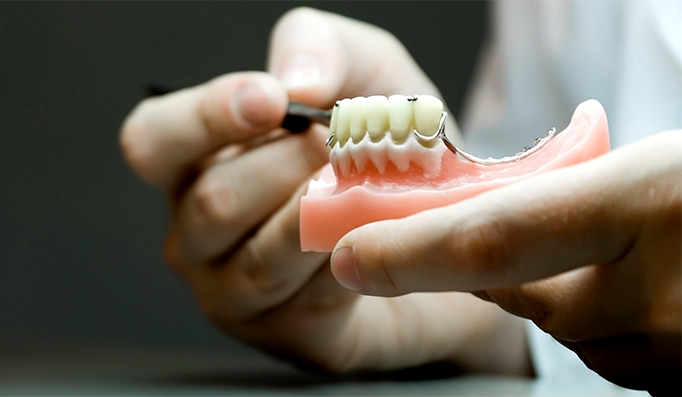Preventive dentistry encompasses a range of strategies aimed at maintaining optimal oral health and preventing dental issues before they arise. At its core, preventive dentistry promotes regular dental visits, typically every six months, for check-ups and cleanings. These routine appointments allow dental professionals to detect early signs of dental problems such as cavities, gum disease, and oral cancers. Through professional cleanings, plaque and tartar buildup are effectively removed, reducing the risk of gum disease and tooth decay. Another essential aspect of preventive dentistry is education. Dentists educate patients on proper oral hygiene practices, including correct brushing and flossing techniques. This education empowers individuals to take charge of their oral health on a daily basis, thereby minimizing the accumulation of plaque and bacteria that can lead to dental issues. Additionally, dentists may provide guidance on diet and lifestyle choices that impact oral health, such as the importance of limiting sugary foods and beverages that contribute to tooth decay.

The application of dental sealants and fluoride treatments represents proactive measures in preventive dentistry. Dental sealants are thin, protective coatings applied to the chewing surfaces of molars and premolars, where tooth decay commonly occurs. By sealing off the grooves and fissures where food particles can get trapped, sealants help prevent cavities from forming. Fluoride treatments, on the other hand, strengthen tooth enamel and make it more resistant to acid attacks from plaque bacteria and sugars in the mouth. Both sealants and fluoride treatments provide additional layers of protection against dental decay, especially for children and adolescents. Regular dental exams are crucial not only for detecting dental issues but also for assessing overall oral health. During these exams, dentists may conduct oral cancer screenings, checking for any abnormalities in the mouth, lips, tongue, and throat. Early detection of oral cancer significantly improves treatment outcomes, highlighting the preventive role of regular dental visits. Beyond dental visits, preventive dentistry emphasizes the importance of adopting healthy habits that support oral health.
These habits include quitting smoking and tobacco use, as they are major risk factors for gum disease and oral cancers. Additionally, wearing mouthguards during sports activities can prevent dental injuries such as knocked-out teeth or fractured tooth roots. For individuals at higher risk of dental problems due to factors like age, medical conditions, or genetic predispositions, personalized preventive strategies may be recommended. This could involve more frequent dental visits and learn more, specialized treatments such as deep cleanings for gum disease, or orthodontic interventions to correct misaligned teeth that are harder to clean. In summary, preventive dentistry is not just about treating dental issues but proactively maintaining oral health through regular dental visits, education, protective treatments like sealants and fluoride, and healthy lifestyle choices. By embracing preventive dentistry strategies, individuals can enjoy healthier teeth and gums, lower treatment costs over time, and a higher quality of life with a confident smile.
